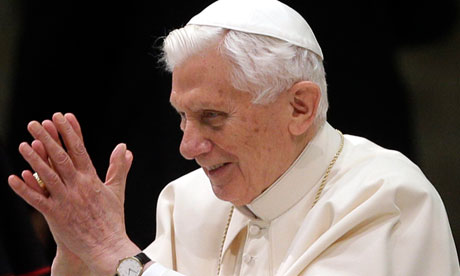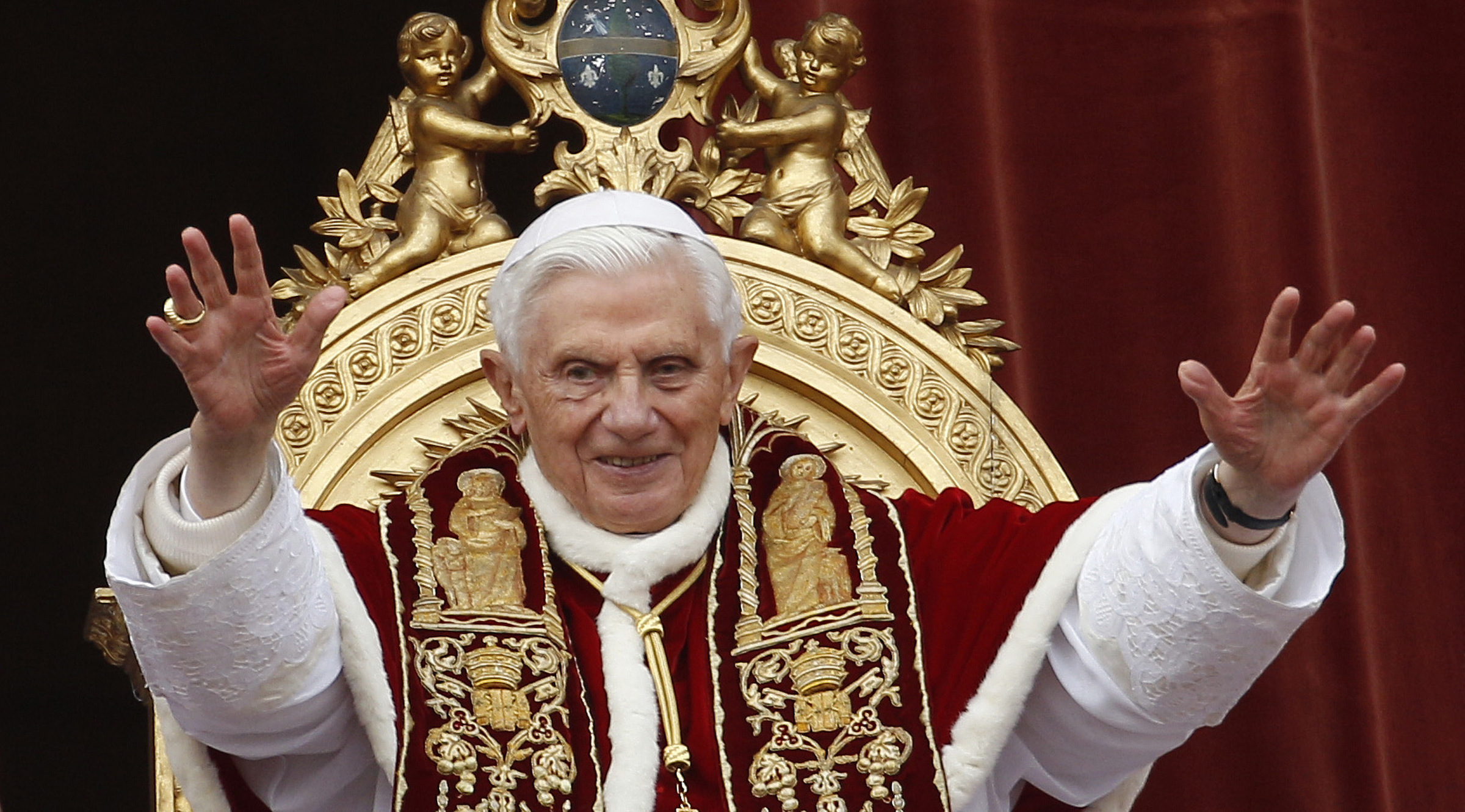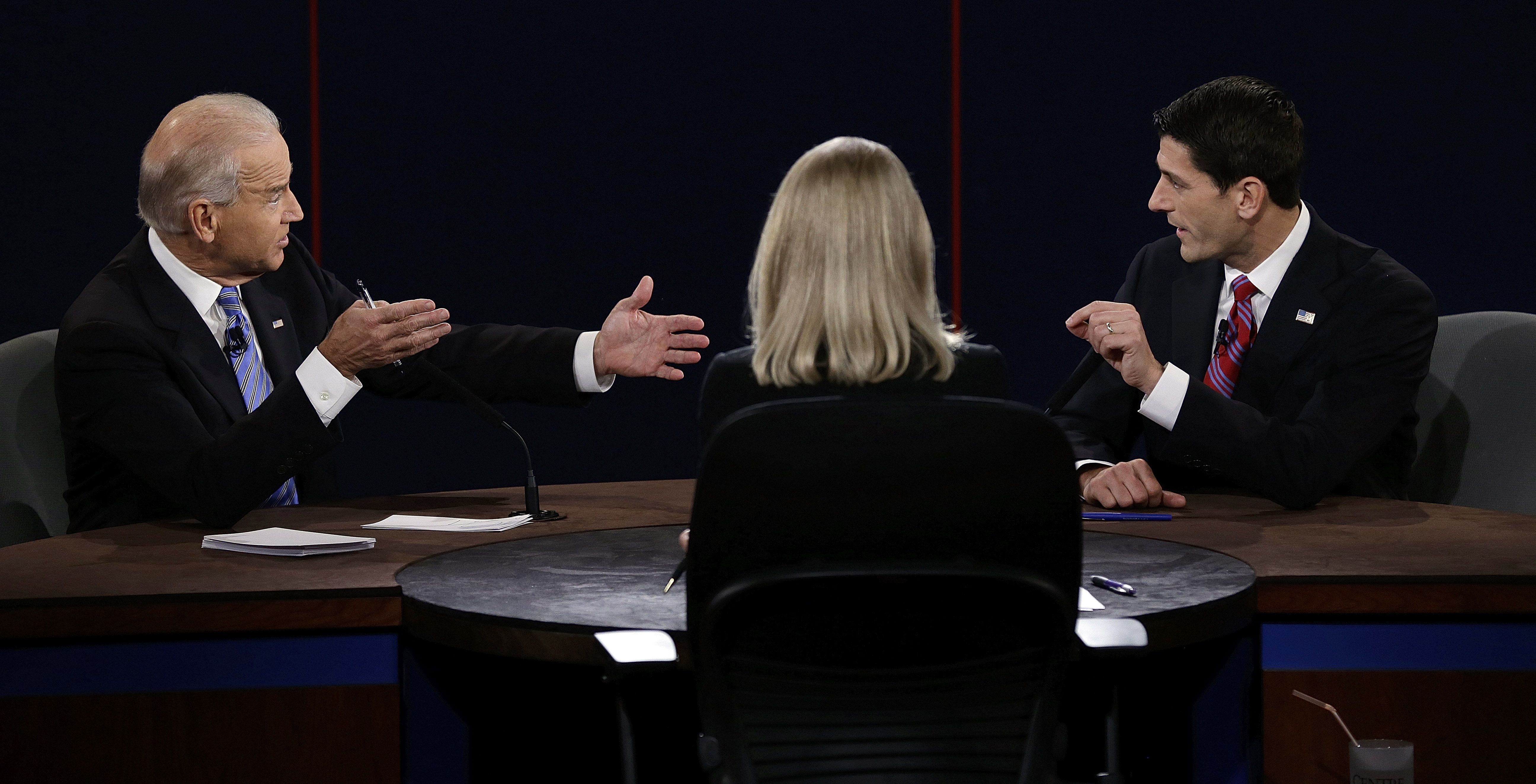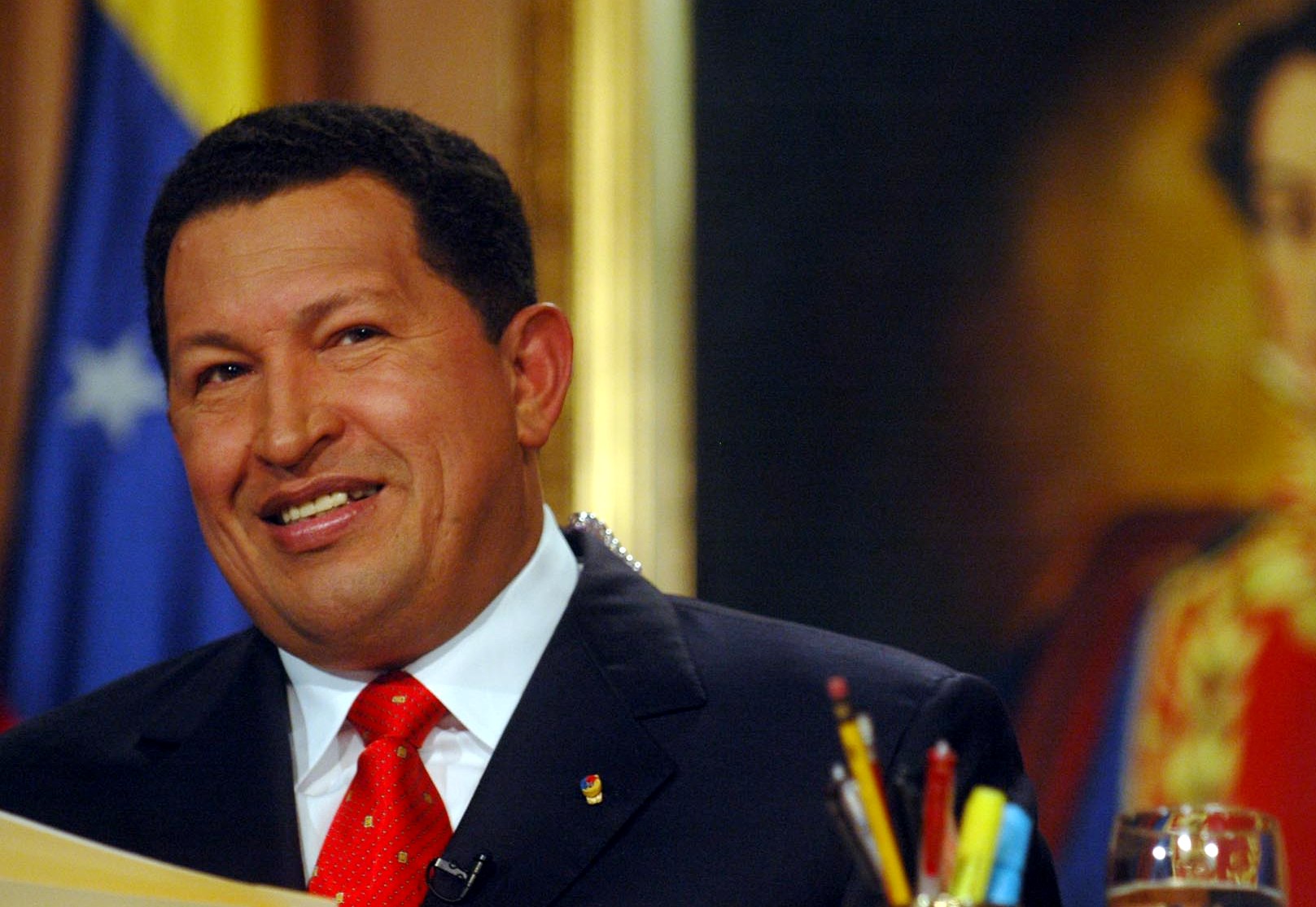(The Verge) – In what’s becoming the most anticipated papal conclave in the last 600 years, historians and churchgoers of all sorts are beginning to come together to identify similar parallels and discuss the historical significance of the 2013 selection.
For those of you who don’t know, Pope Benedict XVI recently announced his resignation from the papacy, a feat that has not been done in centuries. It is customary for a pope to live out his term, representing Catholicism until his last breath and providing a lenient ‘father figure for the world’s millions of Catholic practitioners.
But citing inability to perform his job at age 85, Benedict stepped down. At a time of controversy however, many have assumed the resignation is stemming from the Catholic Church’s despondency because of the sex scandals that have usurped various Cardinals. Also, rumors have spread that the “VatiLeaks” (secret documents Benedict has allowed only himself and his successor to see) contain peculiar information about the Church in recent years.

After the resignation, more uncertainty flared as strides were made to exclude cardinals in the conclave who had been involved (directly or indirectly) in sex-abuse scandals. But not knowing specifics, it seems like after Benedict’s assertion to move up the date of the conclave, the voting cardinals will be the same cast. So, voting clergymen may not know who among them is ‘tainted’ by the church’s latest scandal.
That aside, just the conclave in general, in selecting a new head of the Catholic Church is causing heads to turn in its own right. Never (at least in modern generations) have we seen a Pope step down, able to converse with the new selection and update him on anything secretive the Catholic Church may be involved in. So generally, it’s not the normal smoke-protruding ceremony as usual, as the former pope will a spectator to the charade.
Isn’t all of this convolution quite off-putting (especially for for young practitioners trying to find their religious grounding at an early age)? They turn on the TV to find their Pope stepping down, (albeit because of ‘health’) and newspaper/broadcast stories swirling about the controversies that are rocking the Vatican. For me, it’s just a blunder on an institution that has seemed to start to become aware of the erroneous actions of its Cardinals of late.
However, though the slightly-lagging technological formulation of the Catholic Church (falling behind in terms of notoriety resulting from 24 hour news cycles) is in a bit of a bind at the moment, there have been several similar occurrences in history.
According to Vatican expert George Weigel as relayed to Tracy Conner in an NBC News story, a 1903 conclave saw questionable circumstances as well. “The 1903 frontrunner, Cardinal Mariano Rampolla, was vetoed by the emperor of Austria-Hungary, prompting a change in rules that allowed Catholic powers to knock down a candidate,” said Weigel.
Also in 1914, the conclave involved cardinals from France and Germany who refused to speak to each other (needless to say, complicating the process a bit).
In 1939, when the assemblage of cardinals gathered to choose a new leader, it was amidst a world that was on the fence of a totally devastating war. The new leader needed to recognize that a majority of the world’s powers would soon be locking horns (that’s to put it lightly; there may be a bombing from a Boeing B-29 Superfortress or the expulsion of cannon fire from the many panzer tanks). To keep the peace, the pope would need some real stamina! (And Pope Pius XII would be the man endowed with seeing this miserable warfare).

Possibly the most glaring similarity (with strangely unique circumstances) came in 1800. After a storm of Napoleon’s french troops invaded Rome, taking the pope prisoner, the world would be in awe as he would later die, effectively as Napoleon’s prisoner. (Imagine something like that today?).
Finally however, we have the conclave of 1730. According to James Weiss, professor of church history at Boston College, “(the conclave) was complicated by internal problems, not outside forces…when Pope Benedict XIII died after six years, his corrupt and powerful aide, Cardinal Niccolo Coscia, was run out of town amid allegations he looted Vatican coffers…the population of Rome attacked his palace and he disguised himself a washerwoman and escaped…(he) managed to negotiate a return for the conclave, however.”
So as we inch forwards toward an overwhelmingly controversial papal selection, just keep in mind that what you may be witnessing is systematically becoming one of the most historical events in the Catholic Church in hundreds of years. Feel pretty privileged to watch such novelty? (Or do we rely on our generic, off-putting assumptions of the Church in recent years because of all these scandals? Well, use your own judgment).
*Relied on the report of NBC News Staff Writer Tracy Connor for some of the hard facts in this article.




